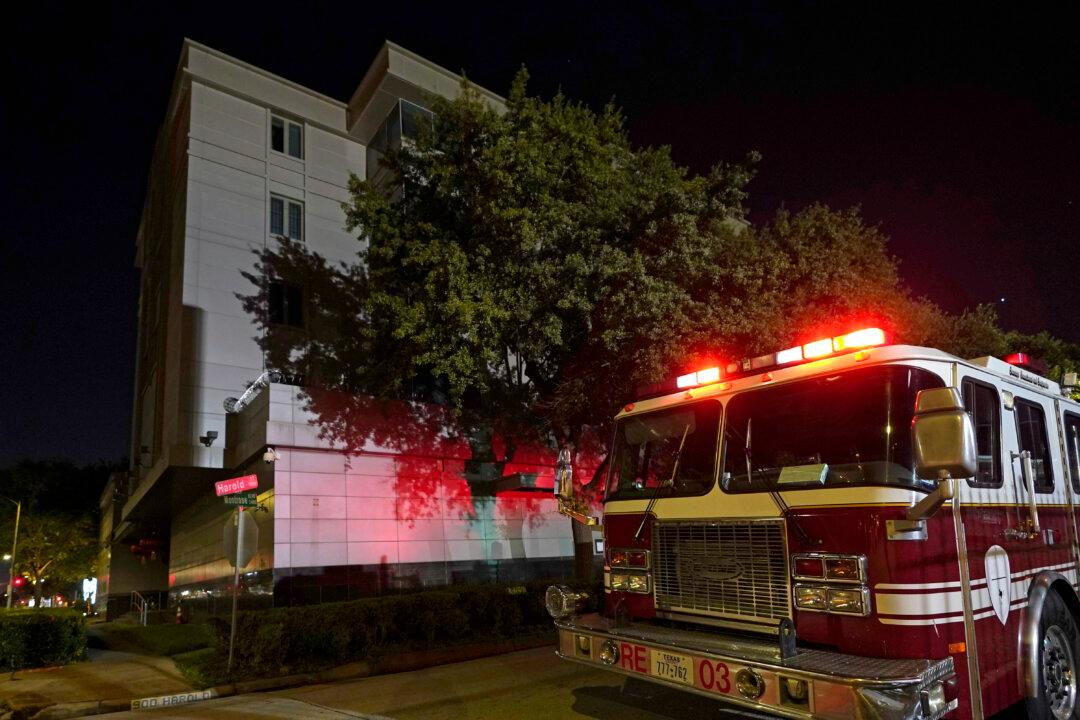The Chinese consulate in Houston that was recently forced to close likely burned secret documents detailing spy operations and instructions from the Chinese regime’s leadership, according to a former Chinese diplomat.
This week, the Trump administration in an unprecedented move ordered the Chinese consulate in Houston to shut its doors, accusing it of being a “hub of spying and intellectual property theft.”





